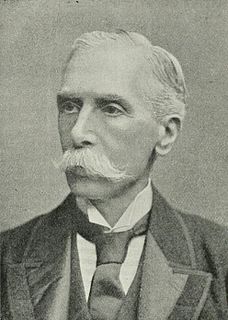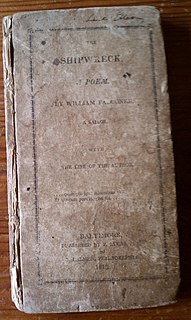A Quote by Irenaeus of Lyons
Error, indeed is never set forth in its naked deformity, lest, being thus exposed, it should at once be detected. But it is craftily decked out in an attractive dress, so as, by its outward form, to make it appear to the inexperienced more true than truth itself.
Related Quotes
Error is a supposition that pleasure and pain, that intelligence, substance, life, are existent in matter. Error is neither Mind nor one of Mind's faculties. Error is the contradiction of Truth. Error is a belief without understanding. Error is unreal because untrue. It is that which stemma to be and is not. If error were true, its truth would be error, and we should have a self-evident absurdity -namely, erroneous truth. Thus we should continue to lose the standard of Truth.
Never did form more fairy thread the dance Than she who scours the hills to find it flowers; Never did sweeter lips chained ears entrance Than hers that move, true to its striking hours; No hands so white e'er decked the warrior's lance, As those which tend its lamp as darkness lours; And never since dear Christ expired for man, Had holy shrine so fair a sacristan.
Consider the problem from the point of view of evil, evil being almost always pleasure's true and major charm; considered thus, the crime must appear greater when perpetrated upon a being of your identical sort than when inflicted upon one which is not, and this once established, the delight automatically doubles.
There is no learned man but will confess be hath much profited by reading controversies,--his senses awakened, his judgment sharpened, and the truth which he holds firmly established. If then it be profitable for him to read, why should it not at least be tolerable and free for his adversary to write? In logic they teach that contraries laid together, more evidently appear; it follows then, that all controversy being permitted, falsehood will appear more false, and truth the more true; which must needs conduce much to the general confirmation of an implicit truth.
There is no such thing as absolute truth and absolute falsehood. The scientific mind should never recognise the perfect truth or the perfect falsehood of any supposed theory or observation. It should carefully weigh the chances of truth and error and grade each in its proper position along the line joining absolute truth and absolute error.









































